Best season to travel in Langtang Valley
The Langtang Valley trek can be done all year round but it will be beautiful to memorize a great experience if the weather is completely fine. Nevertheless, spring and autumn are the best time to do Langtang Valley Trek. During the autumn season, the weather remains mild with a crystal-clear sky and grants stunning mountain vista. The time is ideal for hiking at this time of year.
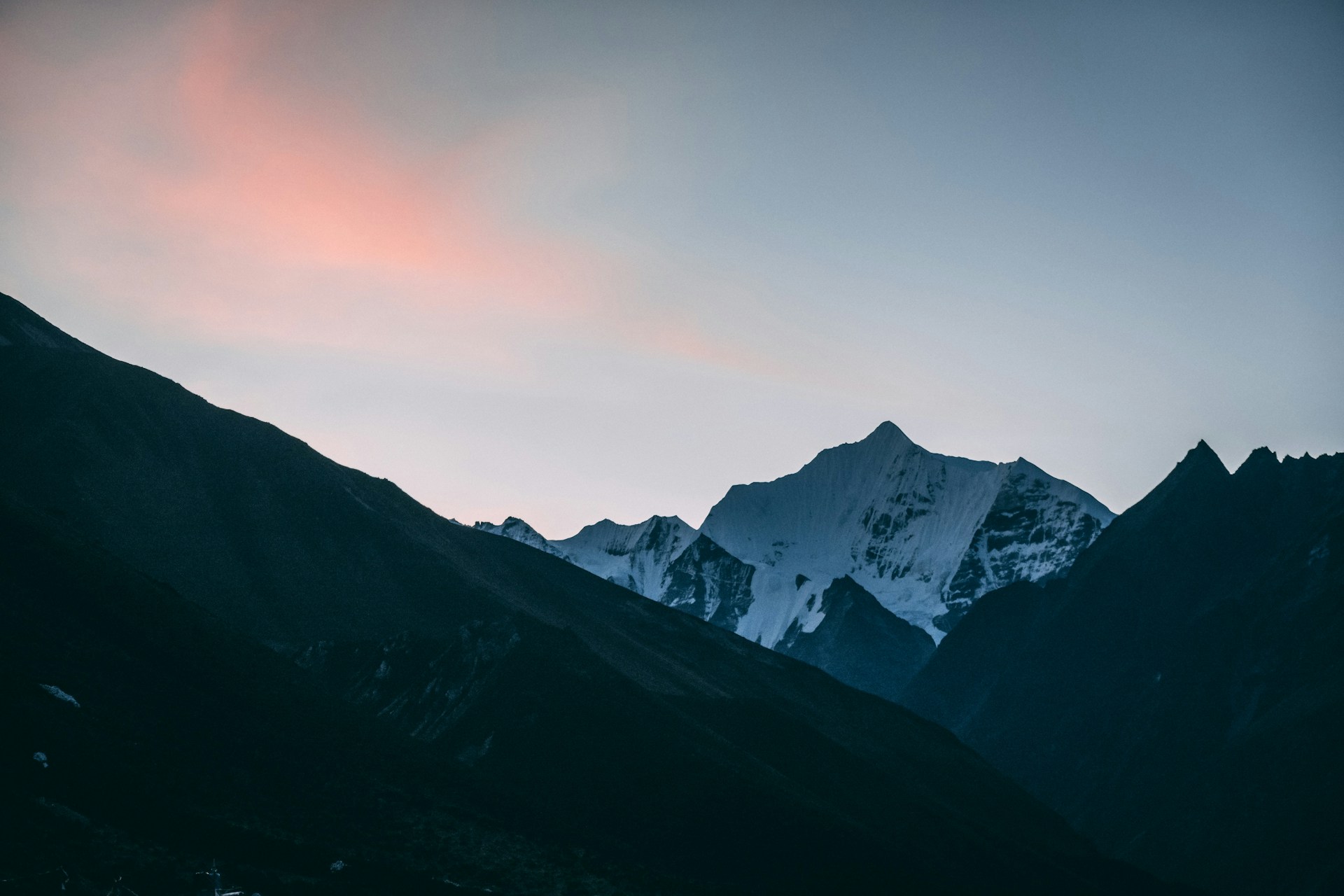
The best month known from March to May and September to October will set you in a great destination with clear scenery of everything this trek has to offer. Every trekker wants to soothe their eyes with majestic Himalayan peaks walking over the beautiful trail of colorful rhododendron forests, and captivating landscapes around attractive villages. This is only possible when the weather is amazing.
Trekkers do make plans in monsoon and winter seasons but the weather will not be suitable every time. And, cannot get the exact sights that you are looking for! It's advisable to avoid the monsoon season (June to August) due to heavy rainfall and the winter season (December to February) when the temperatures can be very cold, and high-altitude trekking conditions will be more challenging.
What level of difficulties does the Langtang trek entail?
The difficulty of the Langtang Trek is generally contemplated as moderately difficult. Many individuals are curious about this specific topic. People desire to exaggerate different destinations, and the universal love for travel is apparent. However, various obstacles impede the change of travel desires.
Some face physical limitations, others wrestle with budget constraints, and some are not ready for the voyage. Despite this, the Langtang and Tamang heritage trek constitutes an average challenge on the difficulty scale, possibly inclined towards the easier side as well.
Nonetheless, rigorous preparation is a must before embarking on a mountain trek. Numerous risks and complications may arise during your expedition. So, prepare yourself mentally and physically to overcome up to 60 to 80 Km during the trek.
Note: With any trek at higher altitudes, it is pivotal to pay attention to your body, stay hydrated, and be aware of altitude-related symptoms and to overcome them.
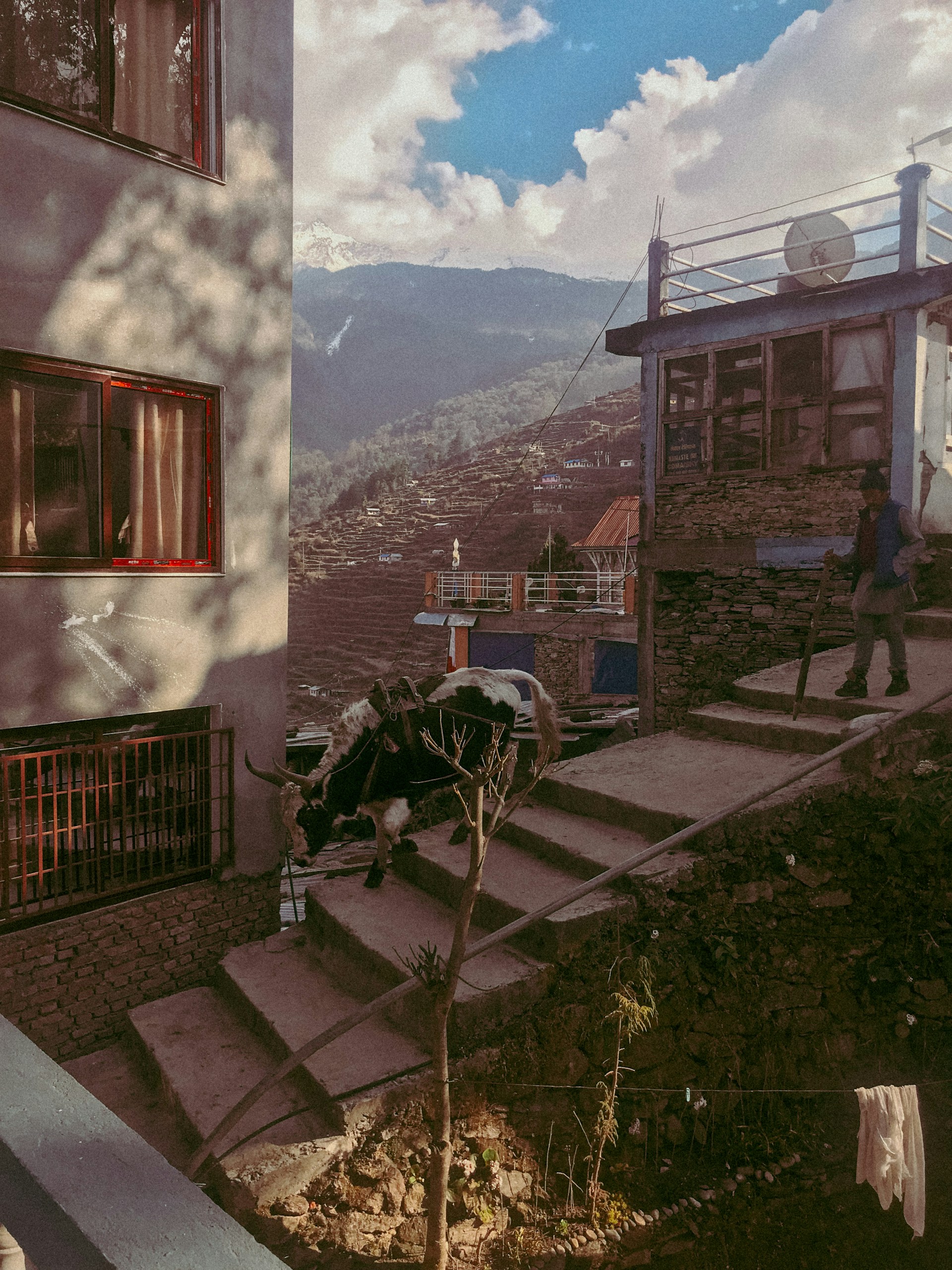
Factors Related to Altitude Sickness and acclimatisation Process
Altitude and Acclimatization are the main aspects when venturing on high-altitude treks like the Langtang Trek.
Altitude Sickness;
Langtang Valley trek is a high-altitude sickness trek, and being 3860 meters above sea level brings some unbelievable changes in your body. When you reach 3860 meters above sea level, altitude sickness may change dramatically; the oxygen level may drop to half, and it may also be difficult to breathe.
In these instances, you may experience symptoms such as headaches, nausea, vomiting, shortness of breath, and dizziness. Additionally, there could be an increase in heart rate and challenges with sleeping. It is advisable to descend to lower altitudes promptly in such situations.
Touched upon the severe nature of altitude sickness, however, it is easily manageable with some basic and necessary tips. Initially, it is advisable not to ascend more than 1000 meters in elevation each year. Therefore, when selecting a Langtang Trek itinerary, opt for one that includes short daily hikes. The key to success lies in walking slowly and allowing your body to acclimatize.
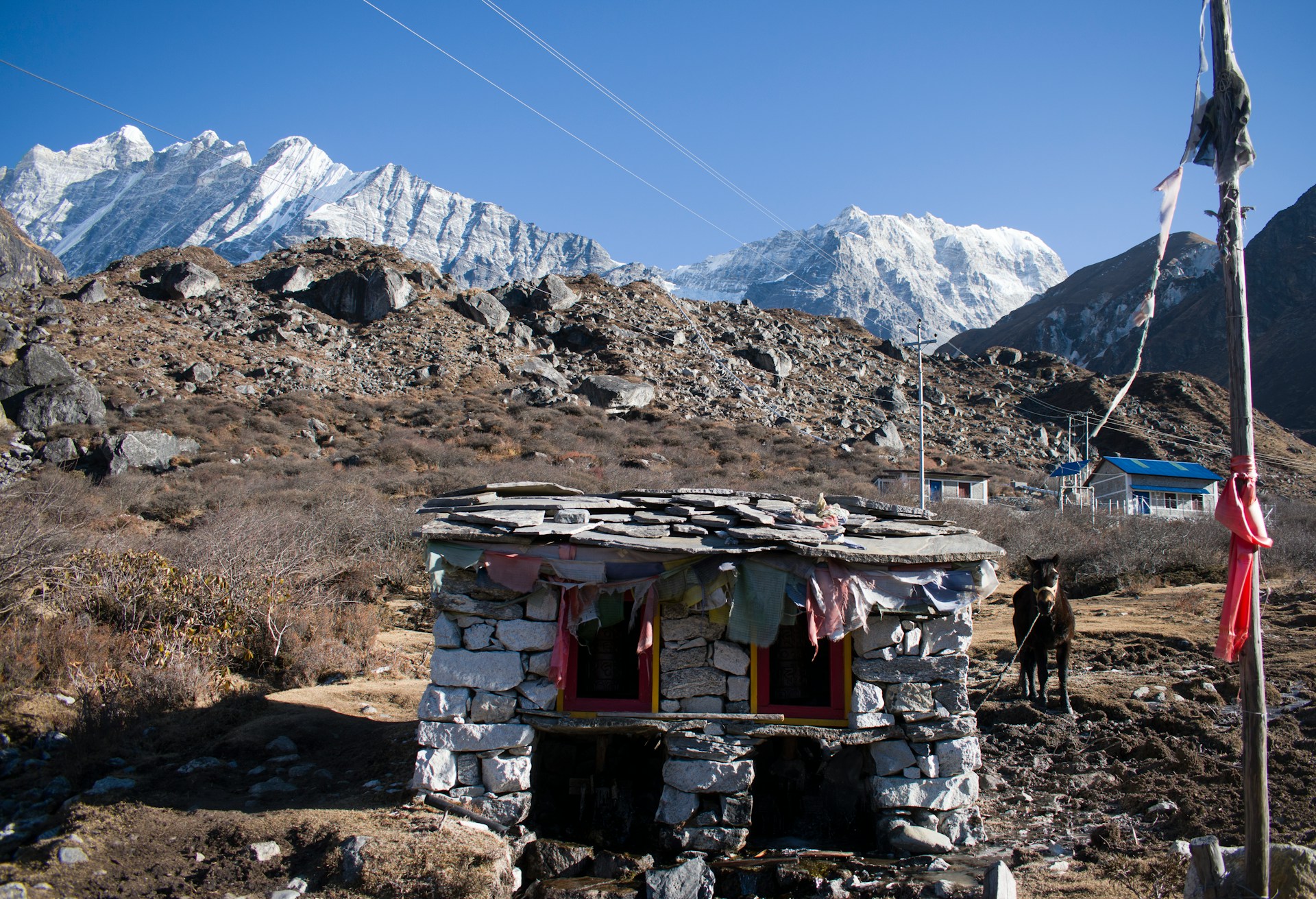
Additionally, it is crucial to maintain hydration throughout the trek. Drinking an ample amount of lukewarm water is the preferred choice. It is highly recommended to refrain from excessive drinking at higher altitudes.
Acclimatization process;
Acclimatization is a necessary procedure during the Langtang high-altitude trek, serving to prepare the trekker's body for higher elevations and enabling a gradual adjustment to lower oxygen levels.
The Langtang Trek strategically includes designated acclimatization days, providing valuable time for trekkers to adapt and minimizing the potential for altitude-allied sicknesses.
Crucial Equipment and Packing Recommendations
Consider the temperature and weather conditions at your destination before you start packing. The necessity packing list for hiking Langtang Valley is listed below:
Essential Documents;
Three copies of passport-sized photos and proof of citizenship
Foreign visitors must have a valid passport, a trekking permit, copies of the passport, and trip insurance documentation, and a photocopy of the current visa.
Trekking Equipments;
Backpack (40-50 litres) with rain cover
Sleeping bag (4-season, suitable for cold temperatures)
Trekking poles (helpful for steep descents)
Headlamp with extra batteries
Water bottles or hydration system (2 litres capacity)
Durable duffel bag or waterproof bag for porters
Clothing and Extra
Moisture-wicking base layers (long-sleeved shirts and pants)
Insulating layers (fleece jackets, down jackets, or synthetic insulation)
Waterproof and windproof outer shell jacket
Waterproof and breathable pants
Trekking pants (flexible)
T-shirts and comfortable hiking shorts
Thermal socks and hiking socks
Warm hat and gloves
Sun hat and sunglasses
Flashlights
Underwear
Sports Bras (2 pcs)
Footwear
Sturdy and comfortable hiking boots
Hiking socks (bring extra pairs)
Flip flops for evenings
Personal items
Toiletries (toothbrush, toothpaste, soap, etc.)
First Aid kit
Water purification tablets, anti-diarrhoea tablets, and anti-headache tablets for your better health
Some stripes of antiseptic tapes, first-aid tapes
Some cold and cough medicine
Some tissue papers
Wet wipes and hand sanitisers
A high-SPF sunscreen and lip balm
Note - The company offers a sleeping bag, down jacket, walking pole, and high-altitude sickness medicine for your convenience. Additionally, you are welcome to bring your own hiking gear. If needed, Kathmandu provides various affordable options for trekking and climbing clothing and gear, with numerous outdoor shops and stores catering to all needs.
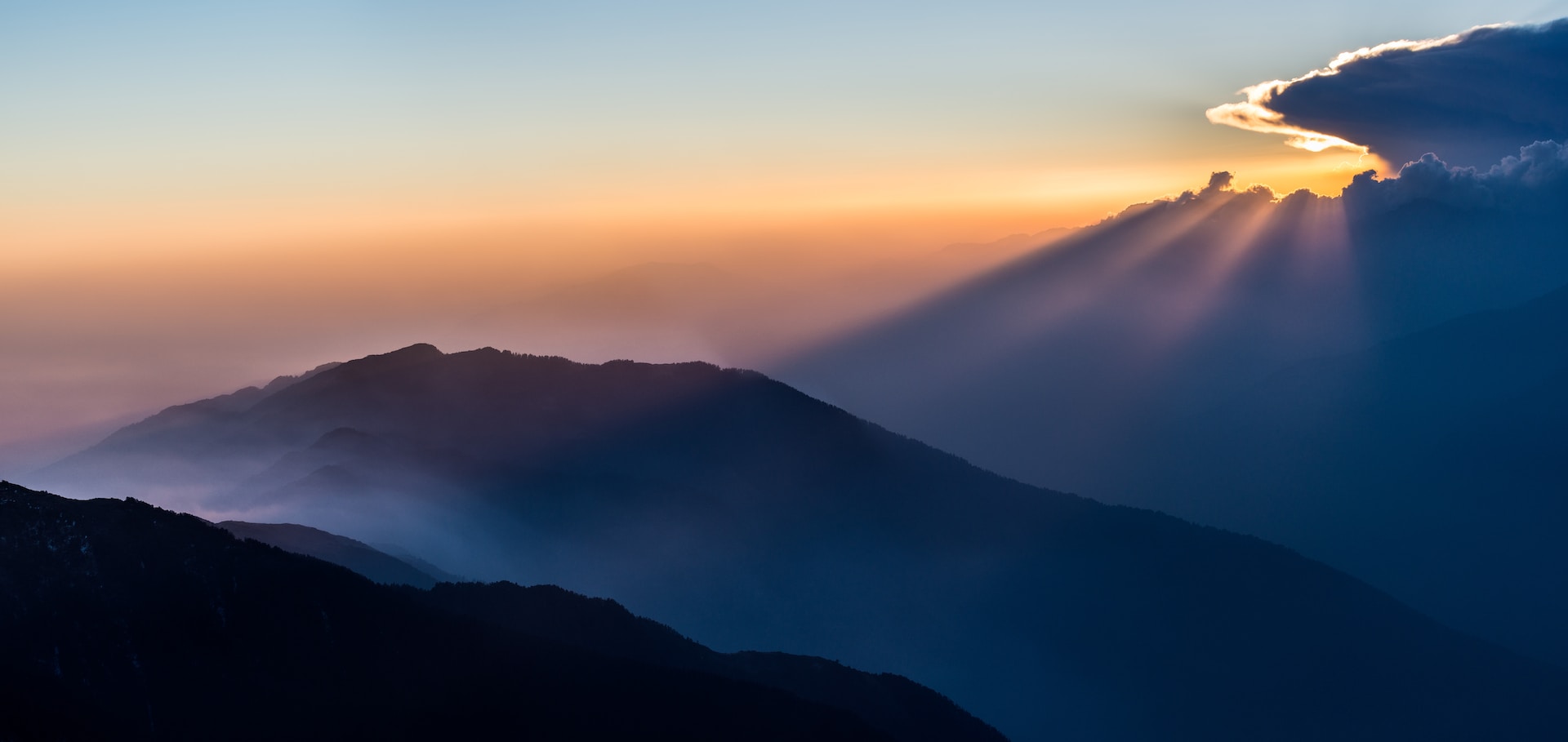
Physical fitness requirements
Escorting on a trek, particularly in destinations like Langtang, Nepal, necessitates a specific level of physical fitness. The Langtang region boasts eye-catching landscapes and beautiful terrains, and proper preparation can improve your overall trekking experience. Here are some suggested physical fitness requirements and guidance for the Langtang trek:
Cardiovascular Endurance:
The Langtang trek involves walking for extended periods over varying altitudes. Building cardiovascular endurance through activities like hiking, brisk walking, orcycling is crucial.
Leg Strength and Endurance:
Trekking in Langtang includes ascending and descending trails. Strengthening your leg muscles, especially quadriceps and calves, will help you tackle the steep and uneven terrain.
Altitude Conditioning:
Langtang trek reaches high altitudes, and altitude sickness can be a concern. Acclimatize properly by gradually ascending, staying hydrated, and being aware of symptoms like headaches, nausea, and dizziness.
Mental preparation:
Trekking can be mentally demanding. Train your mind for long hours of walking, challenging conditions, and variable weather.
Hydration and Nutrition:
Stay well-hydrated and maintain a balanced diet rich in carbohydrates, proteins, and fats to sustain your energy levels during the trek.
Medical fit:
Before undertaking any trek, especially in high-altitude regions, consult with a healthcare professional to be sure that you are physically fit for the journey.
Note - Keep in mind that the Langtang trek presents varying levels of difficulty, and individual fitness capabilities can differ. Pay attention to your body, take necessary breaks, and be ready for unpredictable weather conditions. Ensure you regularly consult local authorities and guides to stay updated on the latest information regarding trekking routes and conditions.
Ending point
The short Langtang Trek sets you to travel through a breathtaking journey involving the pristine landscapes of the Langtang Valley in Nepal. With its magnificent Himalayan views, diverse flora and fauna, and vibrant local culture, the trek will amaze you with a rewarding experience for a lifetime.
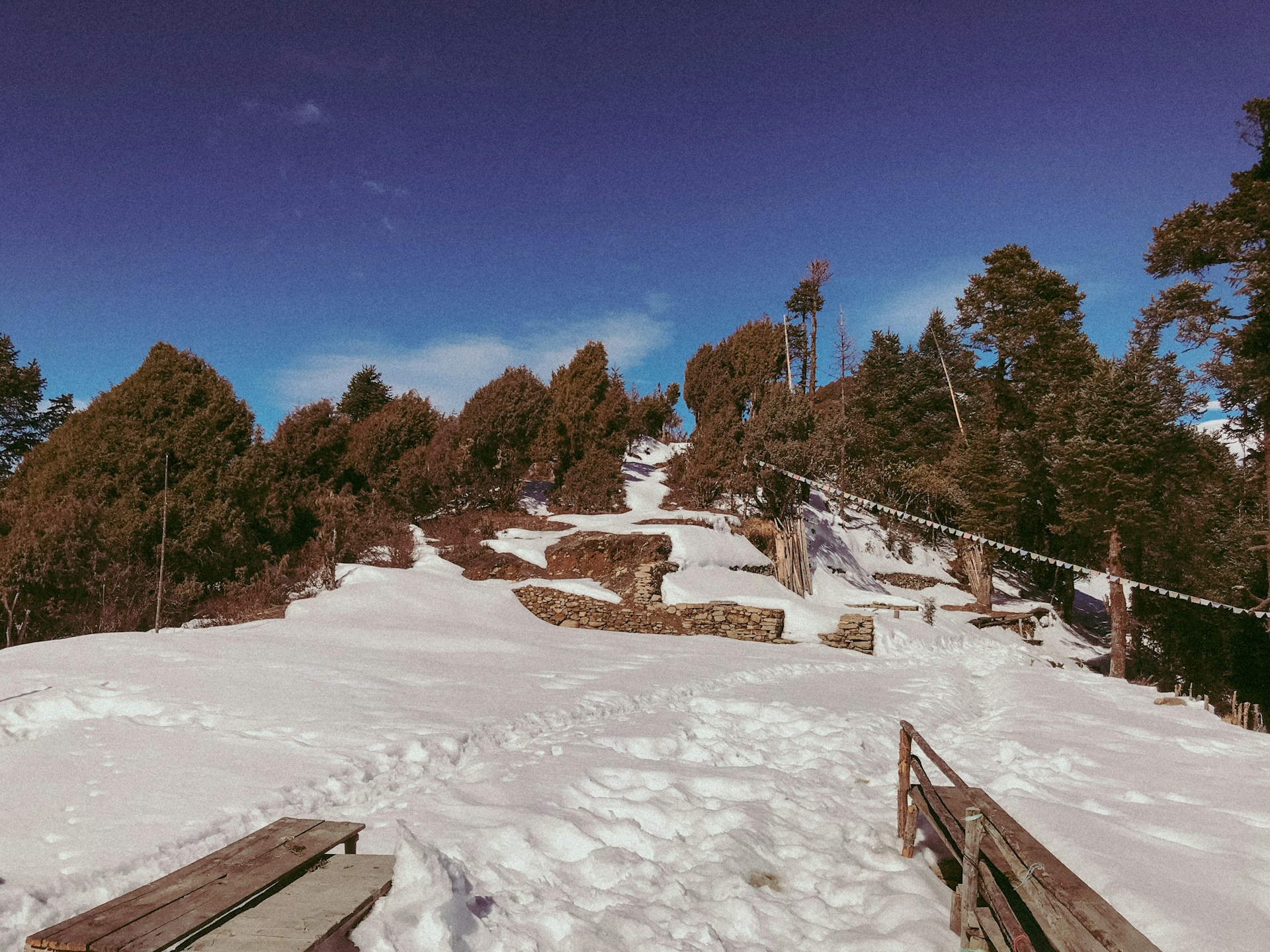
FAQS
1) How long does the Langtang Valley Trek take?
The Langtang Valley Trek takes around 7 to 10 days, depending on the customized itinerary and trekking route.
2) What is the best time to do the Langtang Valley Trek?
The best time for the Langtang Valley Trek is during the spring (March to May) and autumn (September to November) seasons when the weather is clear, and the sights are spellbound.
3) What is the level of difficulty for the Langtang Valley Trek?
The Langtang Valley Trek is considered as a moderate level of difficulty. However, proper physical fitness and acclimatization are pivotal due to the high altitudes.
4) Is a permit required for the Langtang Valley Trek?
The trekkers need a Langtang National Park entry permit, and for the trek continuing to the upper Langtang regions, a TIMS (Trekkers' Information Management System) card is also required.
5) Are there teahouses or lodges along the Langtang Valley Trek route?
Yes, there are teahouses and lodges available along the Langtang Valley Trek route, providing great accommodation and meals for trekkers.
6) How is the mobile network and internet connectivity during the trek?
Mobile network and internet connectivity can be limited in certain areas, especially at higher altitudes. It's prudent to check with your service provider for coverage information.
7) What is the best itinerary for Langtang Valley Trek?
The Langtang Valley trek spans 10 days, as outlined below. However, there are various options available to extend the itinerary based on your preferences;
Day 01: Arrival in Kathmandu
Day 02: Sightseeing in Kathmandu city or preparation day
Day 03: Drive from Kathmandu to Syabrubesi
Day 04: Trek from Sybrubesi to Lama Hotel
Day 05: Trek from Lama Hotel to Langtang Village
Day 06: Trek from Langtang Village to Kyangjin Gompa
Day 07: Rest and acclimatization day and optional climb to Tserko Ri and trek back to Lama Hotel
Day 08: Trek back to Sybrubesi
Day 09: Drive back to Kathmandu
Day 10: Departure Day
Note: Feel free to customize the trek and extend it according to your preferences and needs.
8) Is travel insurance necessary for the Langtang Valley Trek?
Certainly, travel insurance is essential for any trek in Nepal. It provides coverage against potential losses and unforeseen circumstances like snow, storms, landslides, physical accidents, acute mountain sickness, and other natural disasters, ensuring you are adequately protected throughout your voyage.







